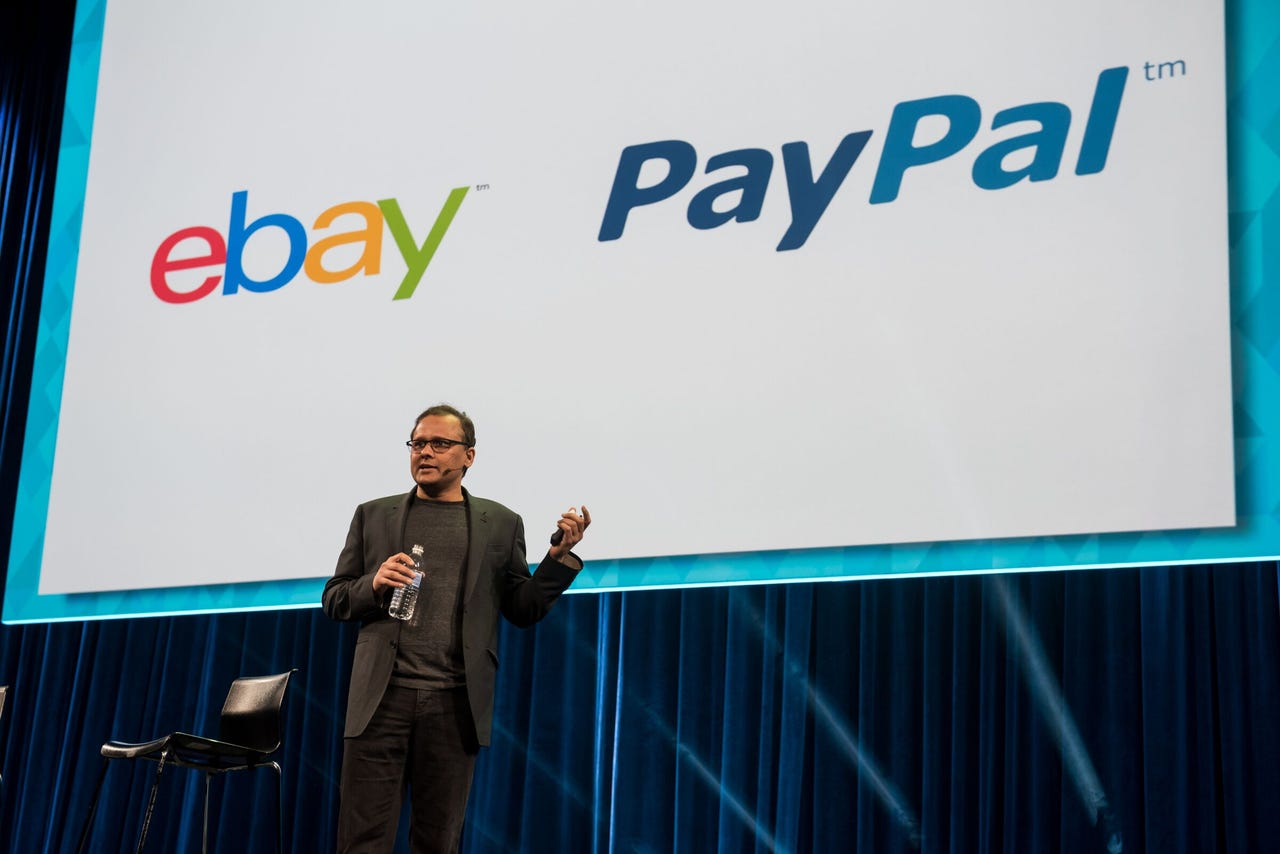OpenStack isn't just ready for enterprise adoption, it's already there

VANCOUVER -- Some people, like Forrester Research, still have concerns about OpenStack. That's cute.

Make no mistake about it. Deploying OpenStack is not easy. OpenStack is complicated.
There are not enough OpenStack experts to go around. At OpenStack Summit, there is literally not a single company here that is not looking for more programmers, architects, and engineers.
But, they're coming. OpenStack is now backed by more than 200 vendors, including Cisco, Dell, HP, IBM, Intel, Oracle, RackSpace Red Hat, and VMware. Is there any enterprise out there which doesn't have a working relationship with at least of one of these companies?
This is making OpenStack deployment easier. If your company doesn't have the talent it needs to do it in-house, Canonical, Red Hat, and Mirantis, to name but three of the leading OpenStack deployment firms, are all ready to jump in and help you get up and running. In short, you can pay cash today and have a working OpenStack cloud tomorrow.
Not sure what's what out there in OpenStack products and services? OpenStack just launched a community application catalog to help you compare apples to apples and oranges to oranges.
OpenStack's interoperability problems between vendors are being addressed by both standardized testing and certification.
Tech Pro Research
Other things that Forrester sees as problems aren't really problems. For example, Forrester claims "Open-source efforts typically suffer from transparency where issues and bugs get blown out of proportion."
Really? That never stopped Linux from taking over every IT market except the desktop. It also, and what's more to the point, enables problems to be spotted and fixed earlier than within the black boxes of proprietary software.
Forrester also worries about businesses being able to keep up with OpenStack's rapid release schedule. That's also a non-problem. No one expects a company to keep up with the latest OpenStack cloud releases anymore than they expected them to update their desktops from Windows 7 to Windows 8 or their servers from Red Hat Enterprise Linux (RHEL) 6 to 7 the second they're ready.
Now companies that expect to carry their old software with them to OpenStack do face problems. In an OpenStack panel, VMware customers, Adobe, Nike, and Wells Fargo, for instance, all like what VMware is doing with OpenStack, but they also all wish it were easier to port their legacy programs to OpenStack. That's a problem that everyone faces when they change platforms. It would have been the same story if they had moved to say Amazon Web Services.
Forrester also misses another fundamental point: "No vendor is in this community for its greater good."
Ah, actually, that's exactly why they're all here.
They know darn well if they tried to compete with the cloud powerhouses of Amazon Web Services, Google, and Microsoft Azure on their own, they're history. It's only by creating a core OpenStack that all the vendors can use that any of them will thrive. Sure, each adds their own special-sauce, but those add-ons are spices for the main meal, not a replacement for it.
Take Linux again. There are hundreds of Linux distributions. A dozen of them are commercially significant, But, whether you use RHEL, SUSE Linux Enterprise Server (SLES), or Ubuntu for your enterprise servers, all of them work together on Linux's common foundation.
The same is true of OpenStack. Indeed, it's true of any commercially successful open-source project. OpenStack, and all its many partners, are just following a well-trod trail to commercial success: The path of open source.
Related Stories:
- OpenStack: Ready for more enterprise adoption?
- OpenStack's new testing regime aims to end interoperability woes
- OpenStack and Linux Foundations plan OpenStack skills certification
- How Walmart uses OpenStack to deliver its 'everyday low prices'
- OpenStack Foundation opens the doors on community sharing tool